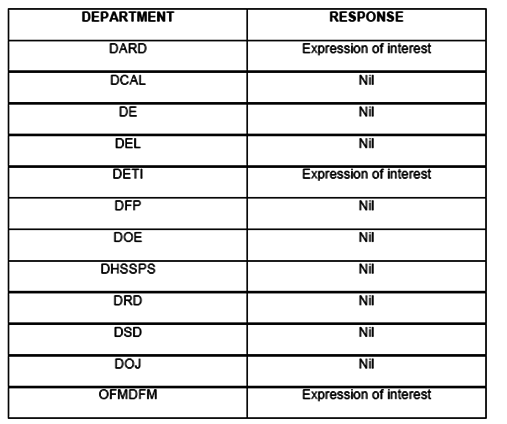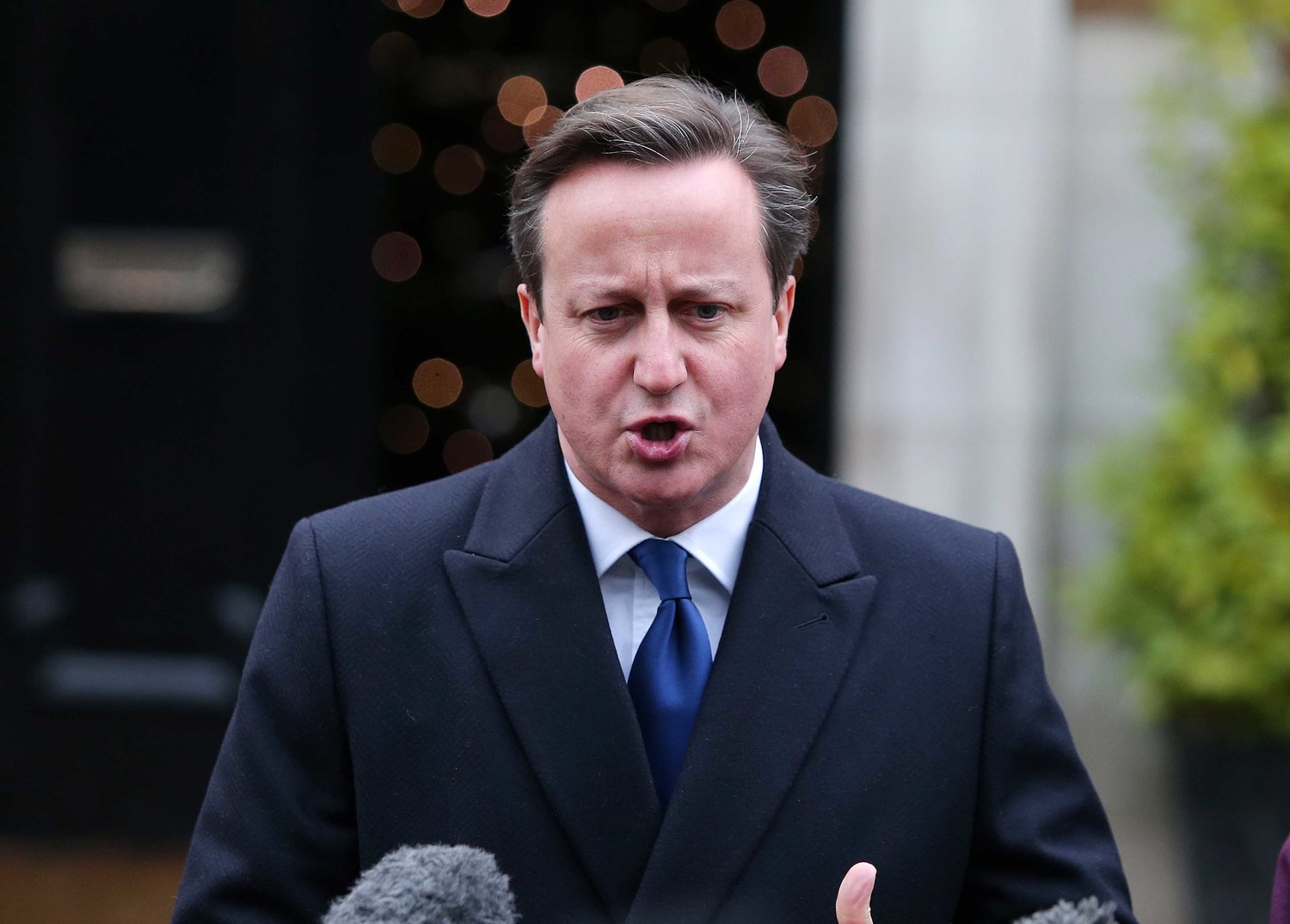THE majority of Stormont departments failed to take part in a UK Government initiative to discuss the impact of major EU-US trade talks on Northern Ireland.
Documents obtained by The Detail show that only three of Stormont’s former total of 12 departments engaged with a request from the Department of Business Innovation and Skills (BIS) to assess the impact of the Transatlantic Trade and Investment Partnership (TTIP).
TTIP is the biggest EU-US trade negotiation in history and has stirred huge controversy.
Advocates of the agreement say it will lessen barriers to trade, but a high profile campaign has raised major concerns including that it could lead to the substantial privatisation of the NHS.
This claim has been repeatedly dismissed by the UK Government.
In a further development, internal emails obtained by The Detail from within Stormont’s Department of Health (DoH) show that as recently as September 2015 some officials admitted to knowing little or nothing about the TTIP negotiations.
A spokesperson for the Department of Health said that as TTIP was being negotiated by the European Commission it had a “limited role to play in influencing the outcome” but said that its officials have been in regular contact with their counterparts in Britain and would continue to monitor developments.
Additional documents obtained by The Detail through Freedom of Information requests also provide a rare insight into the extent of the Westminster Government’s monitoring of online discussion about TTIP in the UK. Click here to read this story in full.
Many of the government documents from 2014 and 2015 which The Detail received on the issue of TTIP were heavily redacted citing several exemptions under FOI legislation.
This included the fact that “disclosure of this information would be likely to prejudice relationships between the United Kingdom and other States.”
In a previous story The Detail highlighted Stormont tensions surrounding TTIP with the Department Of Agriculture and Rural Development (DARD) divided on how to handle the issue.
We also highlighted poor communication within the wider Stormont government over the likely impact of the trade agreement.
The latest information raises new questions about the level of engagement at Stormont on the issue of TTIP.
A WATCHING BRIEF
TTIP negotiations between the EU and the US are continuing as the UK is preparing for a June 23 referendum on its future role in the European Union.
UK input into TTIP negotiations is led by the Westminster Department for Business, Innovation and Skills (BIS). As trade policy is a reserved area, the devolved administrations are not directly involved in the ongoing negotiations.
In a statement to The Detail a spokesperson for BIS said it “regularly discusses TTIP with officials from the devolved administrations and the interests of companies from Northern Ireland, Scotland and Wales are represented in our core stakeholder group.”
However new internal correspondence obtained by The Detail between BIS and several Stormont Departments reveal the extent to which departments here have not fully engaged on this issue.
LIMITED INTEREST AT STORMONT?
Stormont has recently reduced its number of government departments to nine, but the TTIP documents relate to the former structure of 12 departments.
The Detail sent a series of Freedom of Information request to Invest NI, the Department of Enterprise Trade and Investment (DETI), the Department of Health Social Services and Public Safety (DHSSPS) and the Office of First and Deputy First Minister (OFMDFM) requesting access to all documents they held on TTIP.
The responses contained an email sent in December 2014 from BIS to OFMDFM requesting contacts within all Stormont departments to engage with on the issue of TTIP.
In subsequent emails OFMDFM officials contacted all of the Northern Ireland government departments asking for details on the appropriate officials dealing with TTIP.
In an email from an official within OFMDFM’s European Policy and Co-ordination Unit from January 05 2015 it stated that only DARD had “expressed an interest in doing more detailed work on TTIP.”
In a further email from January 14 2015 officials within OFMDFM sent all the departments who did not reply or who had sent a nil return, data on imports and exports between the US and Northern Ireland.
The email asked if each department would now like to engage on priorities and impacts of TTIP for the devolved administrations as previously outlined by BIS.
An email from a DETI official to departmental colleagues on January 16 2015 addressed the issue stating: “They have sent through stats highlighting the trade linkages between NI and US but there is no analysis required from our side (it is to make point that this could impact on NI so we shouldn’t be giving a nil return on this!) so can whoever is best placed to respond please get back to them.”
We asked OFMDFM to confirm as of May 2016 which departments had expressed interest in BIS’s request. In its response it confirmed that apart from OFMDFM itself, only DARD and DETI had done so.

OFMDFM provided this table outlining what departments had responded to BIS's request for engagement on TTIP
In a statement to The Detail OFMDFM said it circulated any information it received on TTIP from Westminster to the appropriate NI departments.
In a statement the Department of Health acknowledged it had provided a nil return to OFMDFM's request in December 2014.
It said that in September 2015 it outlined its position on TTIP and provided OFMDFM officials with information on the perceived implications on health and social care services in Northern Ireland.
Officials from OFMDFM, now known as the Executive Office, confirmed that it still considered the Department of Health as providing a nil return on the BIS request.
The Detail asked each of Stormont's Executive departments that provided a nil return to explain why this was the case. Click here to read their statements in full.
“REMIND ME, WHAT IS TTIP?”
The Detail also obtained internal emails from within the Department of Health Social Services and Public Safety (DHSSPS) in Northern Ireland that contained references to TTIP.
In an email from May 14 2014, a DHSSPS official emailed OFMDFM’s European Policy and Co-ordination Unit asking for advice on an Assembly question they had received about the impact TTIP would have on the health service.
In the email, the DHSSPS official stated that “none of our officials have been involved in discussions relating to TTIP as of yet”.
A further email from a Department of Health Official on this matter from May 21 2014 said: “I must confess that over in the Department of Health in Northern Ireland we know very little about the proposed terms of the partnership, and I would be grateful for any information you can share, particularly in relation to the perceived danger to the NHS”.
In an email from May 22 2014 an OFMDFM official responded stating that “TTIP will not affect the position that it is for local NHS commissioners to take decisions which providers should deliver services in the best interest of their patients”.
The issue of TTIP is raised again in emails from November 2014 between a Department of Health and Department of Enterprise Trade and Investment official.
In an email from the Department of Health Official from November 5 2014 it stated: “Just wondering whether or not you have been taking a lead in briefing Minister Foster on TTIP, and just how involved in discussions DETI and/or Invest NI have been? I was assured by contact in BIS that devolved administrations were being asked for feedback on the negotiations- whilst I appreciate that this Department has a role to play in the queries around the NHS, I’m hoping that either DETI or OFMDFM are taking a more general lead in providing Northern Ireland feedback.”
An email on the same day from a DETI official responded: “We have also seen an increase in the amount of responses to queries regarding TTIP. Many have been around the impact on the NHS. Our general line is that the devolved Governments really don’t have a lot of input into TTIP as most of the input is coming from Westminster.”
Further email exchanges between Department of Health officials in September 2015 still show a lack of awareness about TTIP within the department.
An initial email from one Department of Health official on September 11 2015 stated: “We have been offered a meeting with UKrep on TTIP this Tuesday coming. We would need to be able to bring some issues to the table and I know in general that health is a hot topic in TTIP. Can you advise on any specifics for health?”
A reply from another Department of Health official on the same day said: “Unless it’s just the day that’s in it but remind me what is TTIP?”
In response to this the department of health official stated: “It’s the Trans Atlantic Trade Treaty negotiations (EU and US). Been going on for some time now. I know there are concerns about health provision within the NHS issues plus public service issues.”
We asked the Department of Health Social Services and Public Safety (DHSSPS) why it had not responded to BIS’s request for engagement on TTIP.
A Department of Health spokesperson said: “As TTIP is being negotiated by the European Commission on behalf of EU member states, the Department of Health has a limited role to play in influencing the outcome.
“Nevertheless, officials have been in regular contact with the Department for Business, Innovation and Skills and the Department of Health in England in order to monitor developments in relation to potential implications for Health and Social Care in Northern Ireland, and to establish the Departmental position with the Minister.
“It is through these channels that Departmental officials were reassured that the EU’s objective has been to preserve the right of each member state to choose whether or not to open markets or sectors as they see fit. “
 By
By

